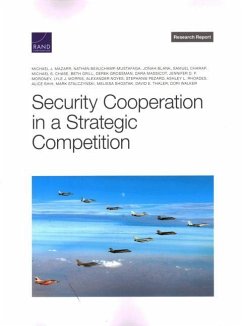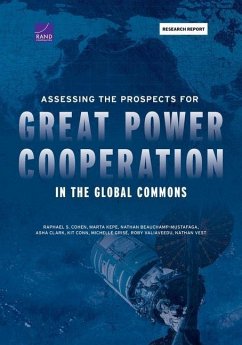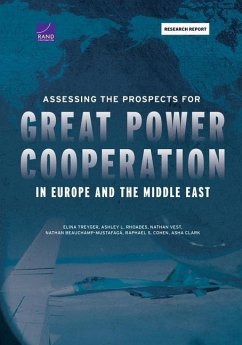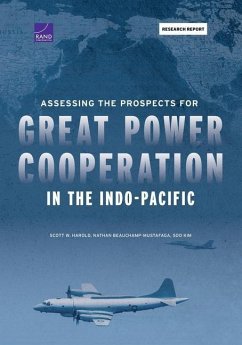Nicht lieferbar
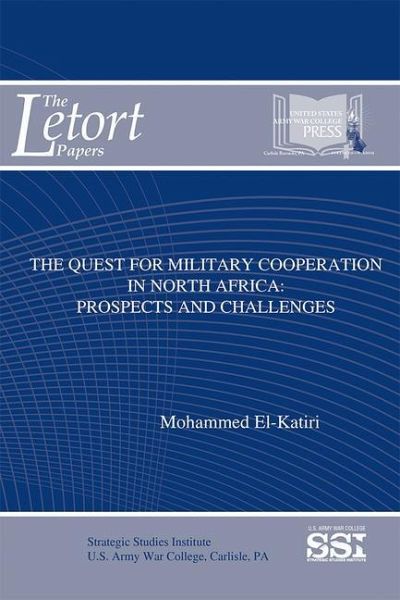
The Quest for Military Cooperation in North Africa: Prospects and Challenges
Versandkostenfrei!
Nicht lieferbar
North Africa's security landscape has worsened in the aftermath of the political events of the Arab Spring. Libya's dire state of affairs has had significant repercussions not only on its internal security and stability, but also on that of its neighboring countries, particularly the ones with long and exposed land borders. The worsening of the security situation has led North African countries to cooperate on strengthening their military and security collaboration. However, while rapid progress has been made in establishing bilateral cooperation between Algeria and its neighbors, Tunisia and ...
North Africa's security landscape has worsened in the aftermath of the political events of the Arab Spring. Libya's dire state of affairs has had significant repercussions not only on its internal security and stability, but also on that of its neighboring countries, particularly the ones with long and exposed land borders. The worsening of the security situation has led North African countries to cooperate on strengthening their military and security collaboration. However, while rapid progress has been made in establishing bilateral cooperation between Algeria and its neighbors, Tunisia and Libya, there has been a grave failure to launch a regional security initiative that is effectively capable of dealing with the range of cross-border and internal security threats that face all of these countries. The failure to construct a regional-security structure in North Africa is due primarily to decades-long differences between Algeria and Morocco over a variety of pending issues, including the disputed Western Sahara territory. In addition, the fluid political and security situation in Libya has impeded engagement in any bilateral or regional security cooperation framework. Foreign policy analysts, military strategists, and international affairs scholars may be interested in this text. Additionally, undergraduate or graduate students pursuing coursework in Middle East regional analysis courses, such as Introduction to Middle Eastern history, Government and Politics in the Middle East, or Democracy and Development in North Africa classes may be interested in this work. Additionally military and political science or international relations students may be interested in this resource for supplemental reading or research papers. Related products: Revival of Political Islam in the Aftermath of Arab Uprisings: Implications for the Region and Beyond can be found here: https: //bookstore.gpo.gov/products/sku/008-000-01114-1 Strengthening Statehood Capabilities for Successful Transitions in the Middle East/North Africa (MENA) Region is available here: https: //bookstore.gpo.gov/products/sku/008-000-01145-1 Africa and the Arab Spring: A New Era of Democratic Expectations is available here: https: //bookstore.gpo.gov/products/sku/008-020-01642-0?ctid=1057




